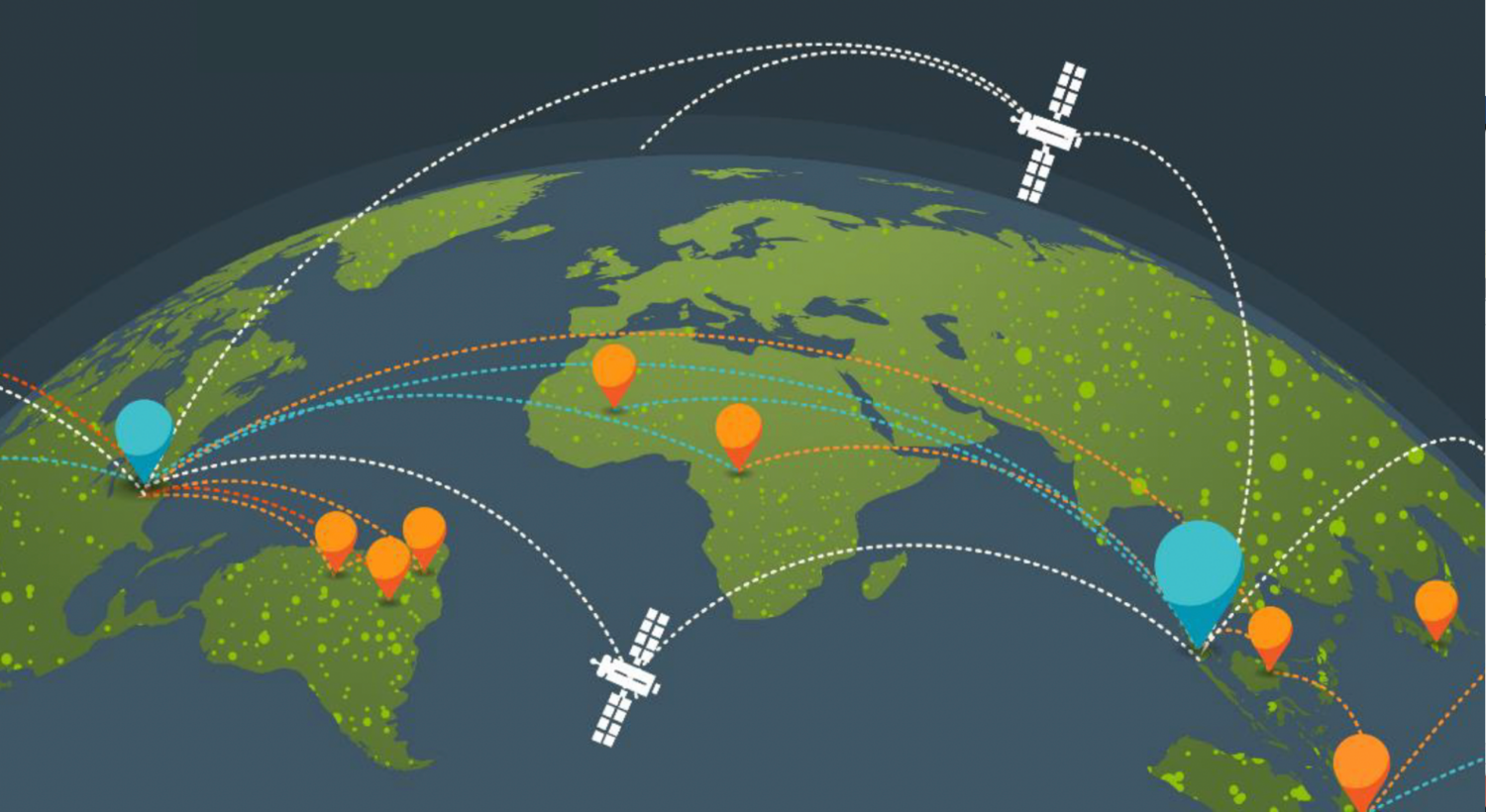
European Consumers Demand Sustainable Natural Rubber: Survey
New poll underscores urgency for companies to switch to sustainable natural rubber
WASHINGTON, DC – A recent YouGov poll conducted on behalf of Mighty Earth has revealed high levels of European consumer concern over the risks to tropical forests and the global climate posed by unsustainable methods of natural rubber production. The survey also highlighted European consumer preference for rubber sourced from environmentally sustainable sources and production methods.
“These findings are somewhat surprising given that rubber is not as widely known as a driver of deforestation as other tropical commodities, such as palm oil and cocoa,” said Heather Weiss, Senior Associate at Mighty Earth.
Natural rubber is derived from latex sap tapped from rubber trees, which grow in tropical climates. As demand for latex has soared in recent years, rubber tree plantations have encroached into areas of rainforest that are home to millions of Indigenous peoples, as well as a rich abundance of plant and animal species. Aside from their intrinsic ecological value, tropical forests are also a vital regulator of the Earth’s climate.
Key survey findings:
- When asked “How important is it to prevent rubber plantations from expanding into tropical forests and Indigenous Peoples’ lands?”, an average of 71 percent of consumers surveyed in Belgium, Denmark, France, Germany, the Netherlands, Norway, Spain and the UK expressed that this was either “extremely” or “very” important to them.
- When then asked to rate their level of concern about the potential climate change impacts of rubber-driven deforestation on a scale of 1-10 (with one being ‘not at all concerned’, and 10 being ‘extremely concerned’), 54 percent of consumers across the eight countries registered a level of concern of between 8 and 10.
- Nearly eight in ten consumers (79 percent) surveyed also indicated guarantees that products are not linked to deforestation or human rights abuses would influence their brand choices, and half of those (40 percent of consumers overall) say this would be the case even if the brand providing such guarantees costs a bit more. This despite the economic shockwaves caused the global COVID-19 pandemic.
“Consumers in Europe clearly feel strongly about the threat of unsustainable rubber production to forests, Indigenous communities and the global climate. Unfortunately, the rubber industry is still lagging behind other sectors in addressing these concerns. This poll should motivate companies that use rubber such as tire, auto and shoe companies to speed up their efforts to source 100 percent sustainable natural rubber,” said Weiss.
Not only are consumers concerned about where their rubber comes from, they want policymakers to step forward and support sustainability, especially when it comes to COVID-19 economic recovery packages. When asked, 54 percent of people polled are in favor of conditions on bailout packages for automobile and tire companies. They want these bailout packages to ensure public money is not used to purchase rubber linked to deforestation.
Regarding import laws, those polled adamantly supported the imposition of laws that stop companies from importing goods linked to deforestation or human rights abuses into Europe, with almost three-quarters people in favor (72 percent) of such a law.
The results of the European consumer survey indicates that, as awareness of sustainability issues in the rubber industry grows, unsustainable natural rubber is increasingly becoming a reputational risk for consumer-facing brands. This echoes how consumer knowledge of environmental abuses linked to the palm oil sector in the 2000s and 2010s prompted widespread adoption of production and supply chain sustainability mechanism by companies producing and buying palm oil.
“If we are serious about fighting climate change, we need everyone on board to protect tropical forests and indigenous land rights. Companies should listen to their consumers and publicly commit to sourcing sustainable natural rubber,” said Weiss.
Methodology: This survey has been conducted using an online interview administered to members of the YouGov Plc panel of individuals who have agreed to take part in surveys. Emails are sent to panelists selected at random from the base sample. The e-mail invites them to take part in a survey and provides a generic survey link. Once a panel member clicks on the link they are sent to the survey that they are most required for, according to the sample definition and quotas. (The sample definition could be “US adult population” or a subset such as “US adult females”). Invitations to surveys don’t expire and respondents can be sent to any available survey. The responding sample is weighted to the profile of the sample definition to provide a representative reporting sample. The profile is normally derived from census data or, if not available from the census, from industry accepted data.
YouGov plc make every effort to provide representative information. All results are based on a sample and are therefore subject to statistical errors normally associated with sample-based information.
For further information about the results in this spreadsheet, please email [email protected] quoting the survey details.
All figures, unless otherwise stated, are from YouGov Plc. Total sample size was 10336 adults. Fieldwork was undertaken between 25th – 31st August 2020. The survey was carried out online. The figures have been weighted to have equal representation across all adults (aged 18+).
Countries surveyed: Netherlands, Denmark, France, Germany, UK, Belgium, Norway, Spain
Photo credit: Yoga mat by Juan Miguel Agudo, Shoe Soles by Kaithleen Gonzalez, Condom by Charles Deluvio, Tires by Frank Albrecht via Unsplash; Composite by Mighty Earth.


